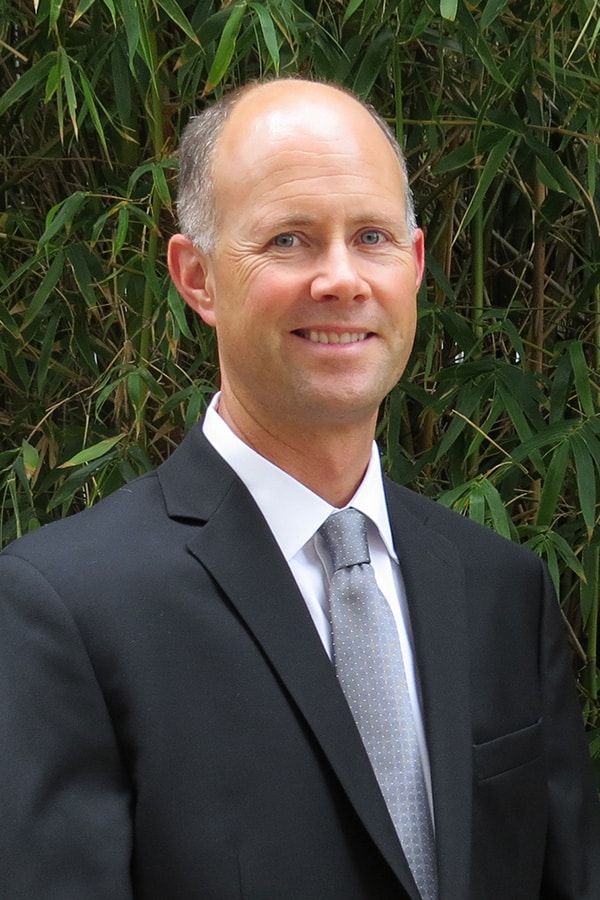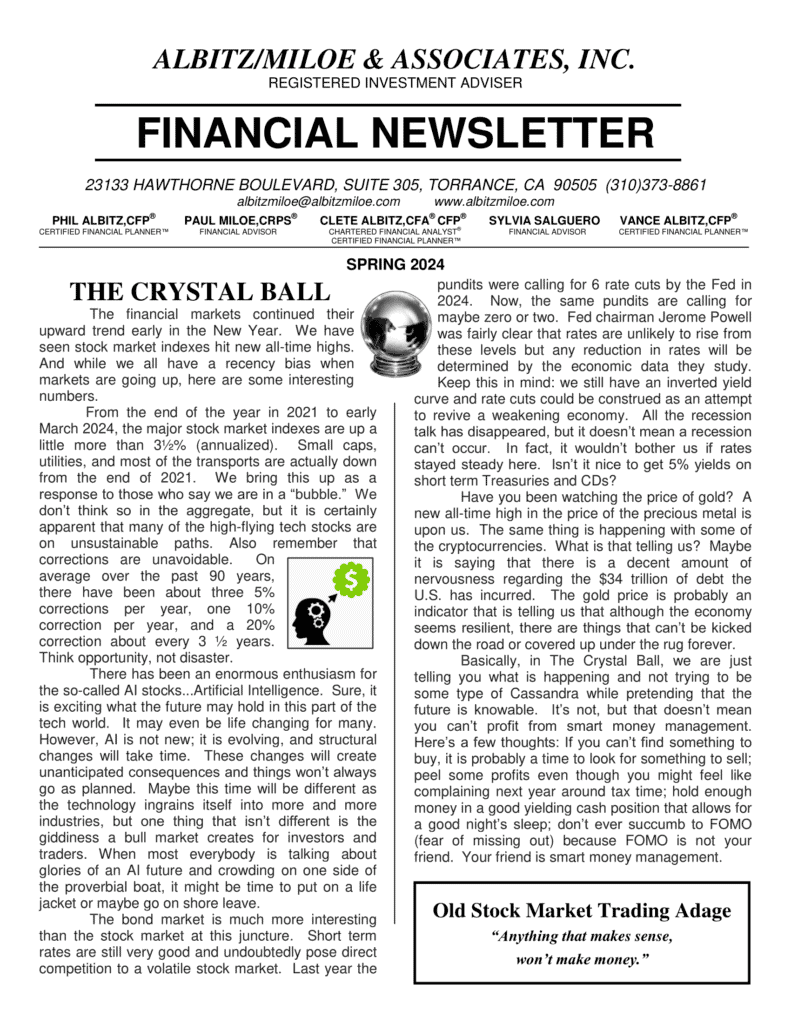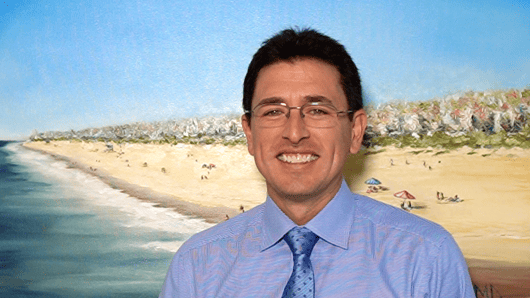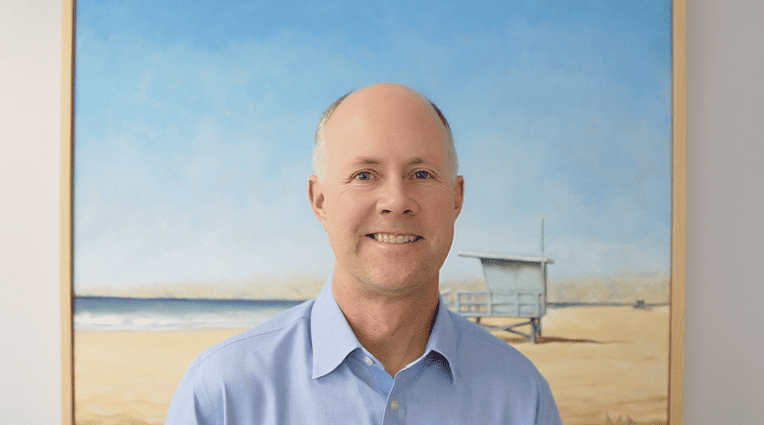While the financial markets have been on the mend in 2023, the property and homeowners insurance markets have been facing very difficult times. In states like CA and FL where there have been repeated and widespread events like wildfires, hurricanes, and flooding, homeowners seeking to insure their property are being faced with a declining array of options for insurance companies. This year, American International Group (AIG) put curbs limiting sales on a couple hundred zip codes throughout the US due to wildfire risks. In recent months, State Farm and Allstate have both opted to stop writing new business altogether in CA. This month, Farmers Group announced they will limit sales of homeowners policies in CA, and that was after stopping sales of new policies earlier in the year in FL.
This leaves homeowners wondering, “why is this is happening?” The insurers have cited reasons like high inflation, soaring costs to rebuild, and more frequent severe weather and wildfire events that keep risk levels high. Regulations are also cited as many states (like CA) have put limits on the amount of price increases that can be applied to premiums. If state regulations won’t allow premiums to be increased to the point where losses can be factored in and the carrier will remain profitable, then the affected companies tend to pull back or pull out of those markets.
Consumers and related watchdog groups point to corporate concerns centered on profitability. AM Best published a study showing average loss ratios (which compares claims paid to premiums received) were better in CA vs. the U.S. for 6 of 10 years (ending in 2022). However, since 2017, somewhere around 90% of the highest wildfire claims have occurred in CA, and consistent and repeated events like those skew the longer-term data on loss ratios. Unfortunately, when it comes to insurance, insurers must have profits to sustain their business. Premiums alone don’t cover losses. It’s just that simple.
Fortunately, an insurer cannot cancel your coverage mid-term, and now is the time to look at when your upcoming renewal will be and set a plan well ahead of time just in case. This is especially true if you live in a fire or flood zone as those may be more likely to see change (premium increase or cancellation) upon renewal. If you’ve had coverage via AIG, Allstate, State Farm, or Farmers, talking with your agent prior to renewal is wise. Even if your agent is captive under one of these companies, they may be able to broker out the renewal to another carrier if their company no longer provides coverage.
For residents in CA, there are additional safeguards. One is known as the California Fair Plan. This association was set up to offer coverage to homeowners in CA who can’t secure other coverage. The Fair Plan is there as a temporary safety net, but is not set up to be a long-term provider. Coverage under the Fair Plan may be more limited than what you had from your private insurer, but some coverage on your home is better than no coverage. Additionally, if you are a CA resident living near or within zip codes covered under a state of emergency declared by the governor due to wildfires, a new law prevents your current homeowners policy from being cancelled or nonrenewed for one year following the declaration.





